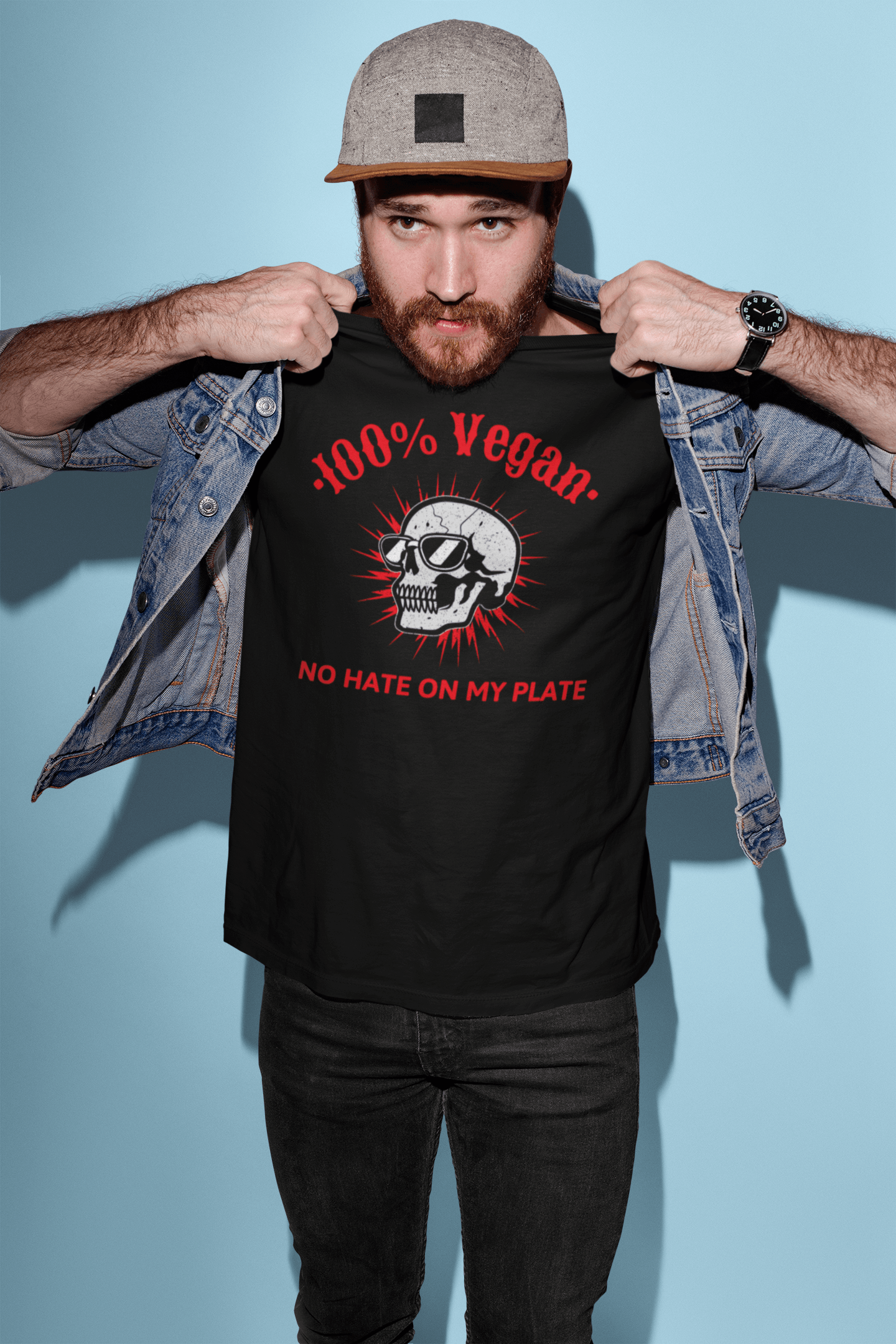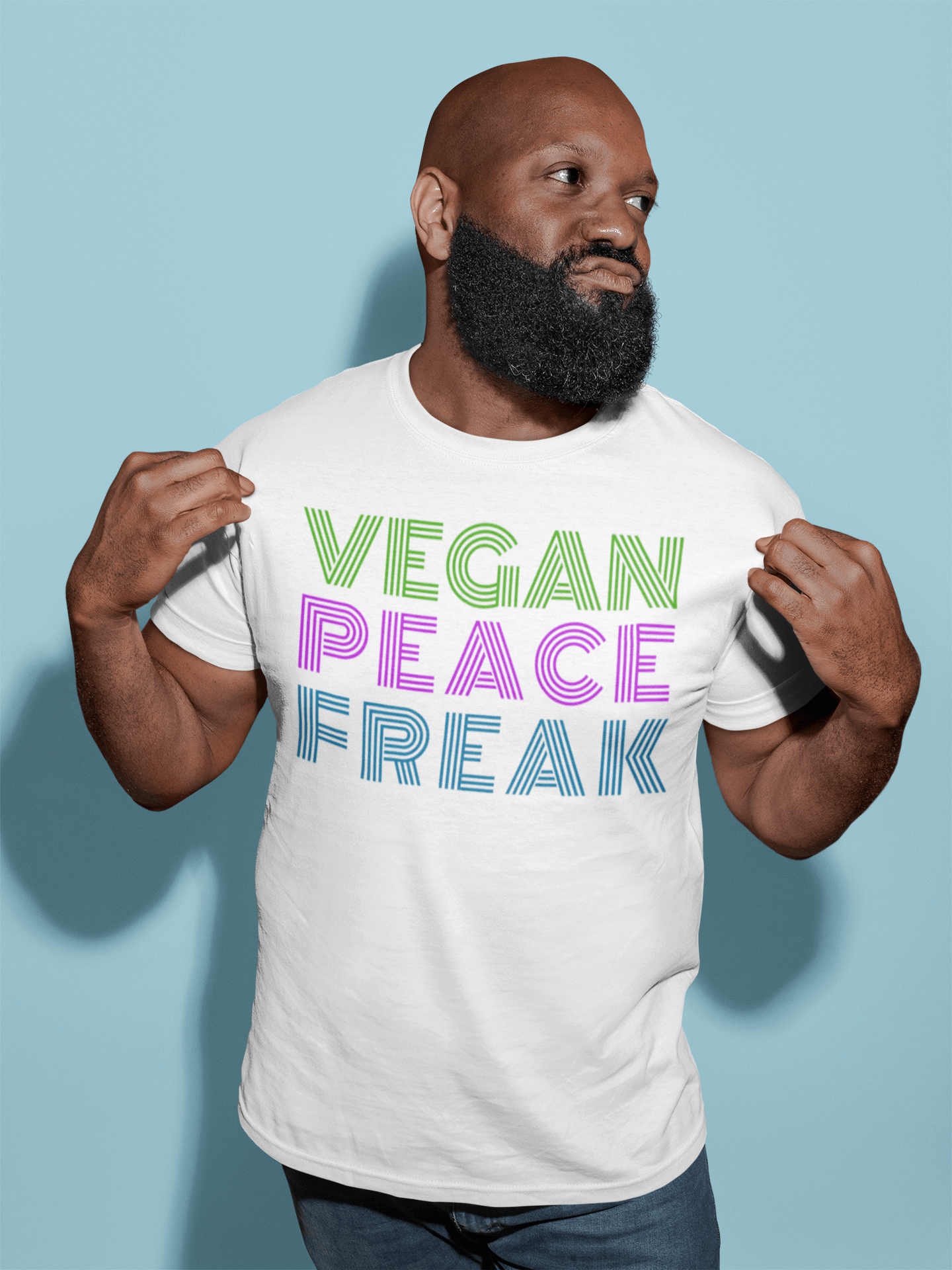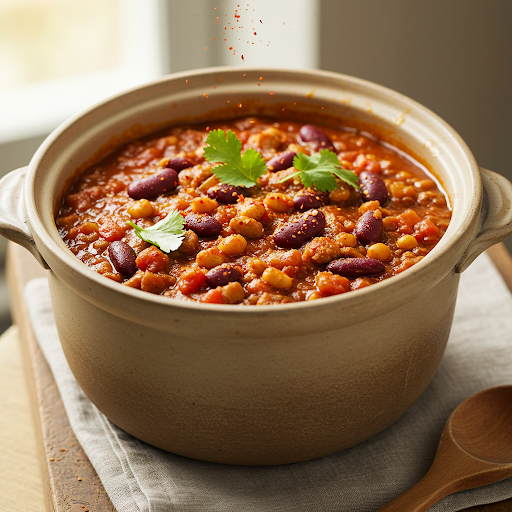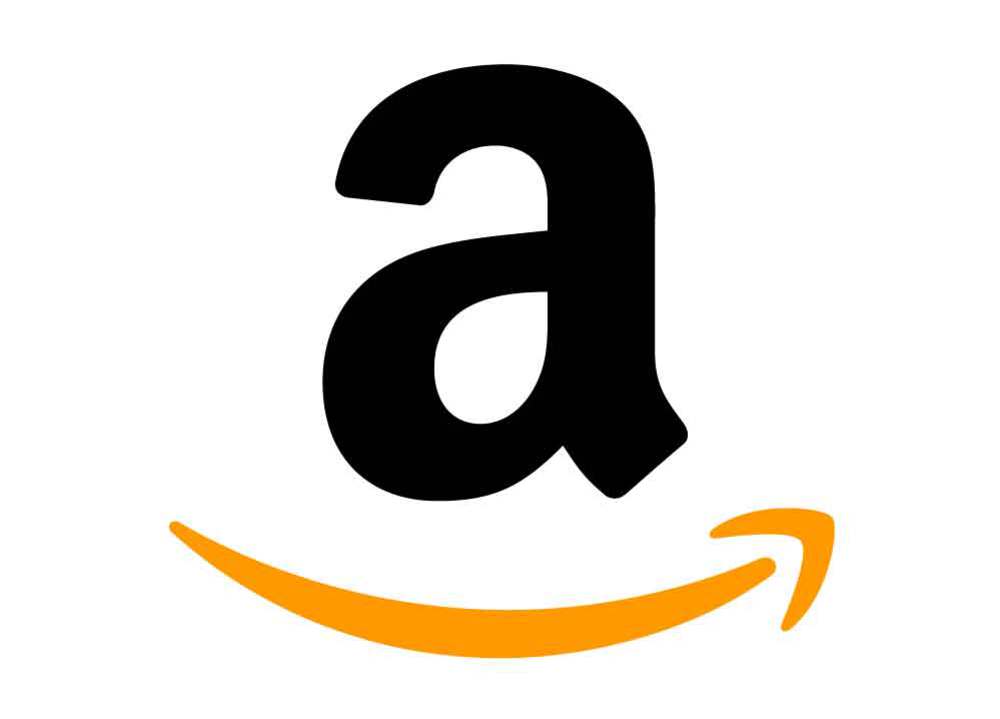Diving into Vegan: What the Latest Science Says About Your Health
Veganism and Health: What the Latest Research Tells Us

So, you're thinking about going vegan? That's awesome! Whether it's for ethical reasons, environmental concerns, or personal health goals, a vegan diet can be a powerful choice. But, like any major lifestyle change, it's important to understand the potential benefits and risks. Let's explore what recent medical literature tells us.
The Good Stuff: Health Perks of a Plant-Powered Life
One of the biggest draws of a vegan diet is its potential to improve your overall health. Studies consistently show that well-planned vegan diets are associated with a lower risk of several chronic diseases. For example, research suggests that vegans often have lower blood pressure, cholesterol levels, and a reduced risk of type 2 diabetes and heart disease.(1) This is likely due to the high intake of fiber, antioxidants, and healthy fats found in plant-based foods.
Recent research has also explored the impact of vegan diets on gut health. The diverse range of plant-based foods can promote a healthy gut microbiome, which plays a crucial role in digestion, immunity, and even mental health.(2) Imagine your gut as a bustling city, and fiber-rich fruits, vegetables, and legumes are the happy residents keeping everything running smoothly!
Furthermore, some studies have shown potential benefits for weight management. Because plant-based foods are often lower in calories and higher in fiber, they can help you feel full and satisfied, which can aid in maintaining a healthy weight.
Navigating the Potential Challenges: What to Watch Out For
While the benefits are significant, it's crucial to be aware of potential nutritional gaps. Some key nutrients, like vitamin B12, iron, calcium, vitamin D, and omega-3 fatty acids, can be harder to obtain solely from plant-based sources.
Vitamin B12, for example, is primarily found in animal products. Since it's essential for nerve function and red blood cell production, vegans need to supplement or consume fortified foods to avoid deficiency.(3) Iron, while present in plants, is non-heme iron, which is less readily absorbed than heme iron from animal sources. Eating iron-rich plant foods alongside vitamin C can improve absorption.
Calcium and vitamin D are vital for bone health. While leafy greens and fortified plant milks are good sources of calcium, vitamin D often requires supplementation, especially in areas with limited sunlight. Omega-3 fatty acids, crucial for brain health, can be obtained from flaxseeds, chia seeds, and walnuts, but it might be necessary to consider algae-based supplements for optimal intake.
It's also important to pay attention to protein intake. While you can definitely get enough protein from plants, it requires a bit more planning. Incorporating a variety of legumes, grains, nuts, and seeds will ensure you're getting all the essential amino acids your body needs.
Making it Work: Tips for a Healthy Vegan Journey
Starting a vegan diet can feel overwhelming, but it doesn't have to be! Here are a few friendly tips:
- Plan your meals: Focus on whole, unprocessed plant foods.
- Supplement wisely: Talk to your doctor or a registered dietitian about appropriate supplements.
- Variety is key: Eat a diverse range of fruits, vegetables, legumes, grains, nuts, and seeds.
- Read labels: Pay attention to fortified foods and added sugars.
- Listen to your body: Pay attention to how you feel and adjust your diet as needed.
Remember, a vegan diet is a journey, not a race. Be patient with yourself, do your research, and enjoy the delicious world of plant-based eating!
Footnotes:
- Dinu, M., Abbate, R., Gensini, G. F., & Casini, A. (2017). Vegetarian, vegan diets and multiple health outcomes: A systematic review with meta-analysis of observational studies. Critical reviews in food science and nutrition, 57(17), 3640–3649.
- Tomova, A., Bukolova, N., Rausch, I., Godovykh, K., Doronina, L., & Bidzan-Bluma, I. (2019). The effects of vegetarian and vegan diets on gut microbiota. Frontiers in nutrition, 6, 47.
- Pawlak, R., Berger, J., Hines, I., & Husaini, A. (2018). Recommendations for vitamin B-12 intake and status in vegans. European journal of clinical nutrition, 72(12), 1675–1680.
Vegan Gently Blog
















